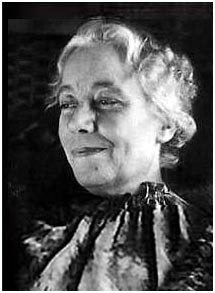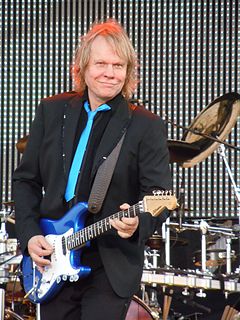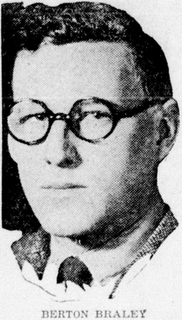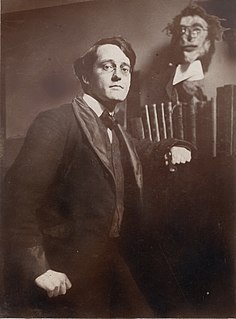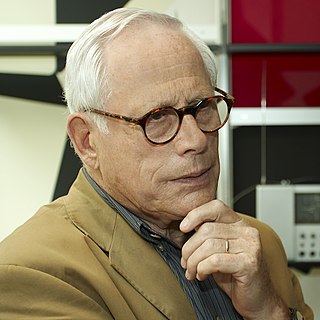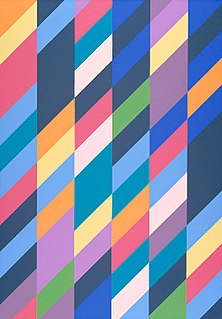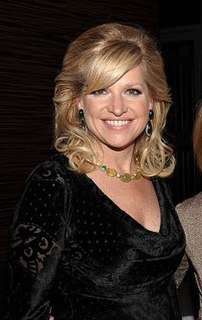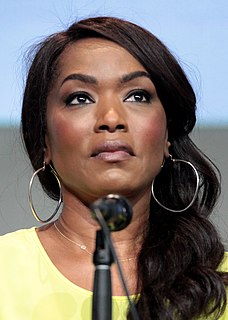A Quote by Evelyn Waugh
Aesthetic value is often the by-product of the artist striving to do something else.
Quote Topics
Related Quotes
the idea of a finished human product not only appears presumptuous but even, in my opinion, lacks any strong appeal. Life is struggle and striving, development and growth - and analysis is one of the means that can help in this process. Certainly its positive accomplishments are important, but also the striving itself is of intrinsic value.
Originality is another criterion of aesthetic value. We may formulate an originality principle, according to which highly valuable works of art provide hitherto unavailable insights.... Notice that, although originality is a necessary condition of high aesthetic value, it is far from a sufficient condition. Many original works have little or no aesthetic value. An artwork may present a novel but uninteresting perspective, or one that is original but wrong.
I honestly believe that sound commercialism is the best test of true value in art. People work hard for their money and if they won't part with it for your product the chances are that your product hasn't sufficient value. An artist or writer hasn't any monopoly .... If the public response to his artistry is lacking, he'd do well to spend more time analyzing what's the matter with his work, and less time figuring what's the matter with the public.
Aesthetic value emanates from the struggle between texts: in the reader, in language, in the classroom, in arguments within a society. Aesthetic value rises out of memory, and so (as Nietzsche saw) out of pain, the pain of surrendering easier pleasures in favour of much more difficult ones ... successful literary works are achieved anxieties, not releases from anxieties.
You can't always do that which you can do in your sleep. That doesn't fulfill an artist. You're looking for places where you can grow, in some way, whether it's a large way or a small way. I want to grow as an artist, as a person and as a woman. I want to enjoy myself and my life and the company that I'm keeping. I want to bring something to the table that's different than anything else would bring, but that has its place and value, and then keep moving.

